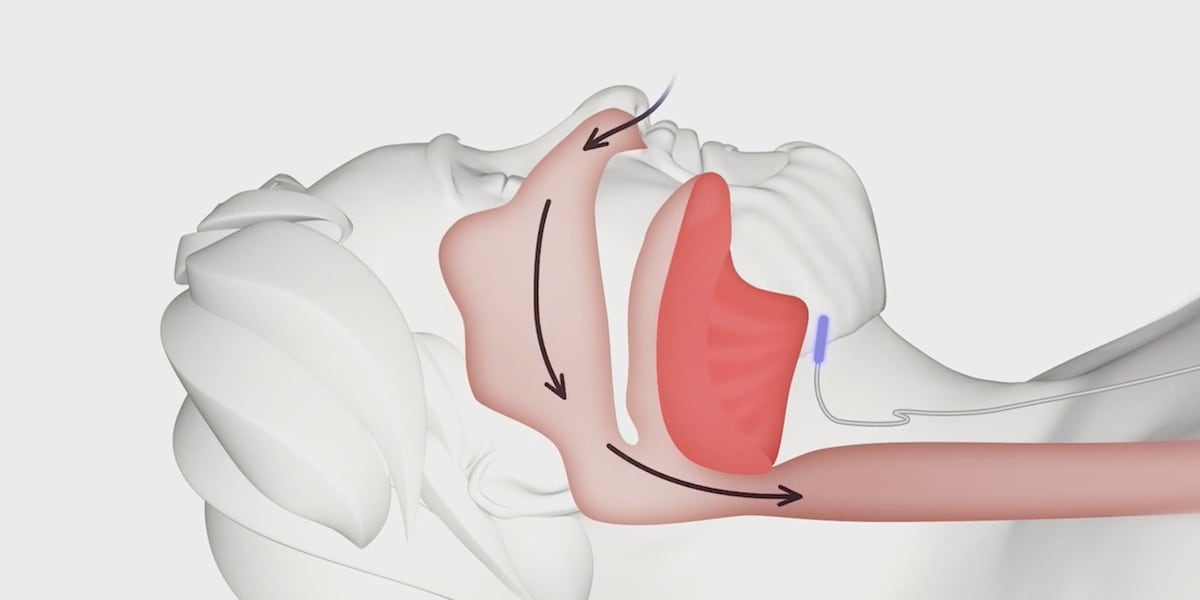Is Your Blood Sugar Sabotaging Your Sex Life? A Kiwi Guide to Health & Intimacy

Let's be honest, nobody wants to talk about it, but the connection between your blood sugar levels and your intimate life is real. We Kiwis pride ourselves on a healthy lifestyle, but are we overlooking a crucial factor impacting our relationships and overall well-being? It's not just about avoiding diabetes; consistently high blood sugar can have a surprising and detrimental effect on your sex drive, performance, and satisfaction – for both men and women.
The Science Behind the Spark
So, how does sugar affect our ability to connect intimately? It all comes down to a complex interplay of hormones and blood vessel health. When your blood sugar consistently spikes, it leads to insulin resistance. Insulin's job is to help glucose (sugar) enter your cells for energy. When your body becomes resistant, glucose builds up in your bloodstream, triggering a cascade of problems.
For men, high blood sugar can contribute to erectile dysfunction (ED). Think of your blood vessels as the highways for blood flow. High blood sugar damages these vessels, making it harder for blood to reach the penis, resulting in difficulty achieving or maintaining an erection. It’s not just a physical issue; the anxiety and frustration surrounding ED can also negatively impact relationships.
Women aren't immune either. High blood sugar can decrease libido (sex drive), cause vaginal dryness, and make it more difficult to achieve orgasm. It can also impact hormone balance, further contributing to these issues. Many women don’t realize the link and attribute these changes to aging or stress, missing the underlying cause.
Beyond the Bedroom: The Wider Health Impact
The problems don't stop in the bedroom. Chronically high blood sugar is a major risk factor for a whole host of serious health conditions, including:
- Diabetes: The most obvious consequence, leading to long-term complications like nerve damage (neuropathy), kidney disease, and vision loss.
- Heart Disease: High blood sugar damages arteries, increasing the risk of heart attack and stroke.
- Poor Wound Healing: High glucose levels impair the body's ability to heal, making injuries more prone to infection.
Taking Control: A Kiwi Approach
The good news is, you can take control! Here's what you can do to improve your blood sugar levels and reclaim your intimate life:
- Diet: Focus on a whole-foods diet rich in fruits, vegetables, lean protein, and healthy fats. Limit processed foods, sugary drinks, and refined carbohydrates. Think 'Kia ora' to plenty of greens and lean meats!
- Exercise: Regular physical activity helps your body use insulin more effectively and lowers blood sugar levels. Aim for at least 30 minutes of moderate-intensity exercise most days of the week. A brisk walk around the block is a great start.
- Weight Management: Losing even a small amount of weight can significantly improve insulin sensitivity.
- Stress Management: Chronic stress can raise blood sugar levels. Find healthy ways to manage stress, such as yoga, meditation, or spending time in nature.
- Regular Check-ups: Get your blood sugar levels checked regularly by your doctor. Early detection and intervention are key.
Don't Suffer in Silence
If you're experiencing any of the symptoms mentioned above, talk to your doctor. There are many effective treatments available to help manage blood sugar and improve your overall health and well-being. Don't let high blood sugar steal your joy – take control and live a healthier, more fulfilling life!






